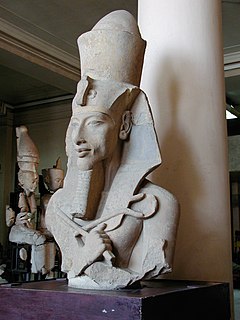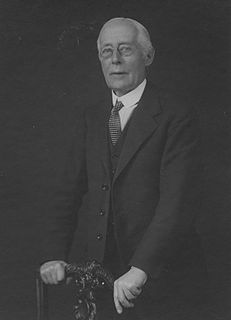A Quote by Jules Verne
In presence of Nature's grand convulsions, man is powerless.
Related Quotes
Nature! We live in her midst and know her not. She is incessantly speaking to us, but betrays not her secret. We constantly act upon her, and yet have no power over her. Variant: NATURE! We are surrounded and embraced by her: powerless to separate ourselves from her, and powerless to penetrate beyond her.
It may be that the requirement of a preliminary approval by the Grand Jury, of all accusations of a serious nature, justified the boast that a man was presumed to be innocent until he was 'found' guilty; but that presumption certainly ceased to have practical application, so soon as the Grand Jury had returned a 'true bill'.
Nature is man's inorganic body -- that is to say, nature insofar as it is not the human body. Man lives from nature -- i.e., nature is his body -- and he must maintain a continuing dialogue with it is he is not to die. To say that man's physical and mental life is linked to nature simply means that nature is linked to itself, for man is a part of nature.
CREATIVITY is when you are not, because creativity is the fragrance of the creator. It is the presence of God in you. Creativity belongs to the creator, not to you. No man can ever be creative. Yes, man can compose, construct, but can never be a creator. When man disappears, when man becomes utterly absent, a new kind of presence enters his being - the presence of God. Then there is creativity. When God is inside you His light that starts falling around you is creativity. The climate that arises around you because of the presence of God within you is creativity.



































